The motorized Moosehead canoe knifes through the frigid waters, its flank buffeted by rain and wind, taking us farther from Naujaat. The Arctic Circle is long behind us in the fog, and the shoreline of Qikiqtaaluk emerges—a jagged line of rock and ice. My legs are pins and needles, cramped from the hard angles of camera cases I’m perched upon. The frost gathers on my lashes; each blink heavier than the last.
I stumble ashore with a dive bag biting into my shoulder, the pebbles slick beneath my boots. A hut ahead is weathered grey and bowed by the merciless wind, its boards bleached and brittle as bone. It will be home for two weeks, for me and five others. The door resists, groaning on rusted hinges, and when it gives, the smell hits like a hammer.
On the floor is a carcass—a white fox, its fur matted with blood, its body shredded. Something wild was here, a wolf or wolverine, some teeth and fury that found its way in. I clear the mess with a sense of grim routine. This is their world, not ours. We’re trespassers here. We’ll sleep in a row tonight, six bodies packed tight in goose down with the wind howling outside. A perimeter of charged electric wire is our only barrier against the bears that will surely come.
A scrappy terrier dog waits outside, eager to bark his warnings at the predators of the tundra. A brave soul, tethered to the land, while we—soft-skinned and thin-blooded—lie like children under false protection.
The days blur together in this place, with time worn as smooth as the stones underfoot. We are here to film the creatures of this harsh world: walruses, bears, narwhals, and belugas. My diving partner, Mario Cyr, knows these waters well. He speaks of them with a reverence laced with caution.
“It is dangerous,” he says in his thick French-Canadian accent, his eyes dark with warning. “Stay away from the ice. If the bear grabs you, it’s over.” He laughs then, sharp and humorless. “Dive deep. I will show you.”
The camera housing in my hands is heavy, and the wide-angle lens is meant to capture the bear’s enormity. For the best shot, I must get close—too close. The thought unsettles me. Fear coils low in my stomach. Yet, there’s an electric pull to the risk, a compulsion to see the bear, to see it in a way few ever will.
On the fourth day, we have the opportunity to film a polar bear in the water. We find a massive male, his coat slick and yellowed by the summer sun. Mario says he doesn’t look too aggressive, but my instincts scream otherwise. We slip into the water, the canoe shielding us as Solomon, our Inuit guide, hands down the cameras. The water bites at my face, numbing the skin.
The bear sees us. His dark eyes narrow, and his body surges forward, a freight train of muscle and intent. His breath snorts in great huffs, his paws churning the water, closing the distance faster than I can prepare. My heart pounds against my drysuit as Mario shouts, “DIVE!”
I plunge, the world now muted and apart. Above, the bear’s massive paws slice the surface, fur rippling in the current like smoke in the wind. His body is a study in power, each stroke deliberate, and his eyes track mine even here, beneath the waves.
He dives, deeper than I expect, his form twisting as if to pursue. But his buoyancy betrays him, the fat of late summer separating him from my depth. I drop lower still, ears straining, waiting for the signal—the engine rev in three short bursts will tell me it is safe to come up.
When I hear it, I rise slowly as the bear swims away—a perfect predator in his element.
Many have called me reckless, foolish even, for choosing a life diving into dark places where light and life hold no dominion. But this—this is different. Here, I feel like I am at the mercy of forces greater than myself, without control over the outcome.
Of course, I will dive again, into stone cathedrals, but this might be the last time I share the water with a polar bear—Nanuk, lord of the Arctic, a creature of ice and blood.
In the frozen north, I am reminded, once again, that life is fragile and finite.
So…what was Jill doing swimming with Polar Bears in the Arctic? She was filming an episode of the iconic Canadian nature documentary series: The Nature of Things with David Suzuki. CBC Canada has posted a version of the program titled “Under Thin Ice” on their Youtube channel, above.
Our friend and colleague Geoffroy Beauchemin won a Canadian Screen Award (similar to a U.S. Emmy) for cinematography for “Under Thin Ice”.
This newsletter is powered by Robert’s daily intake of high quality caffeine. Click the banner to help keep him supplied.
There seems to be a “discussion” in some sectors of the American political world about Canada joining the U.S. as a 51st state. Just in case some people have forgotten what a unique partnership exists between our two countries, here’s a video from 2010 that may clarify things. Sorry for the potato quality - it was before everything was shot in HD.
“Tom Brokaw explains the relationship between Canada and The United States, in a pre-recorded short film that aired on NBC, prior to the Opening Ceremonies of the 2010 Winter Olympic Games in Vancouver, British Columbia, Canada on Feb. 12th, 2010.”


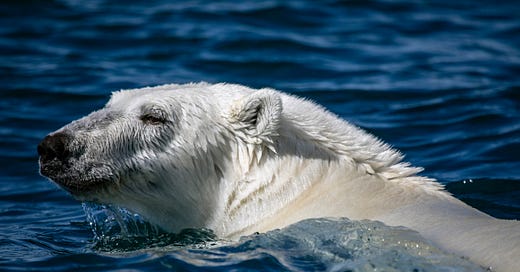


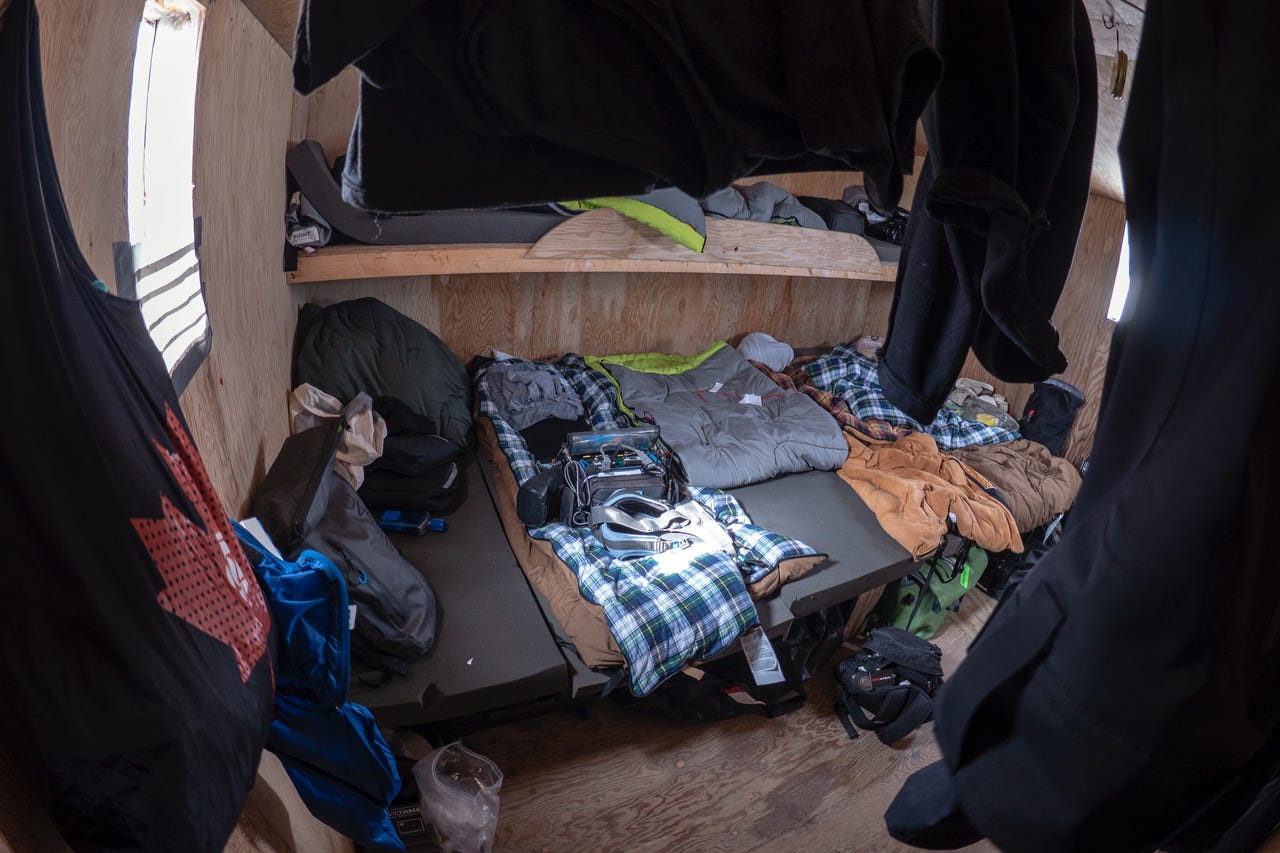
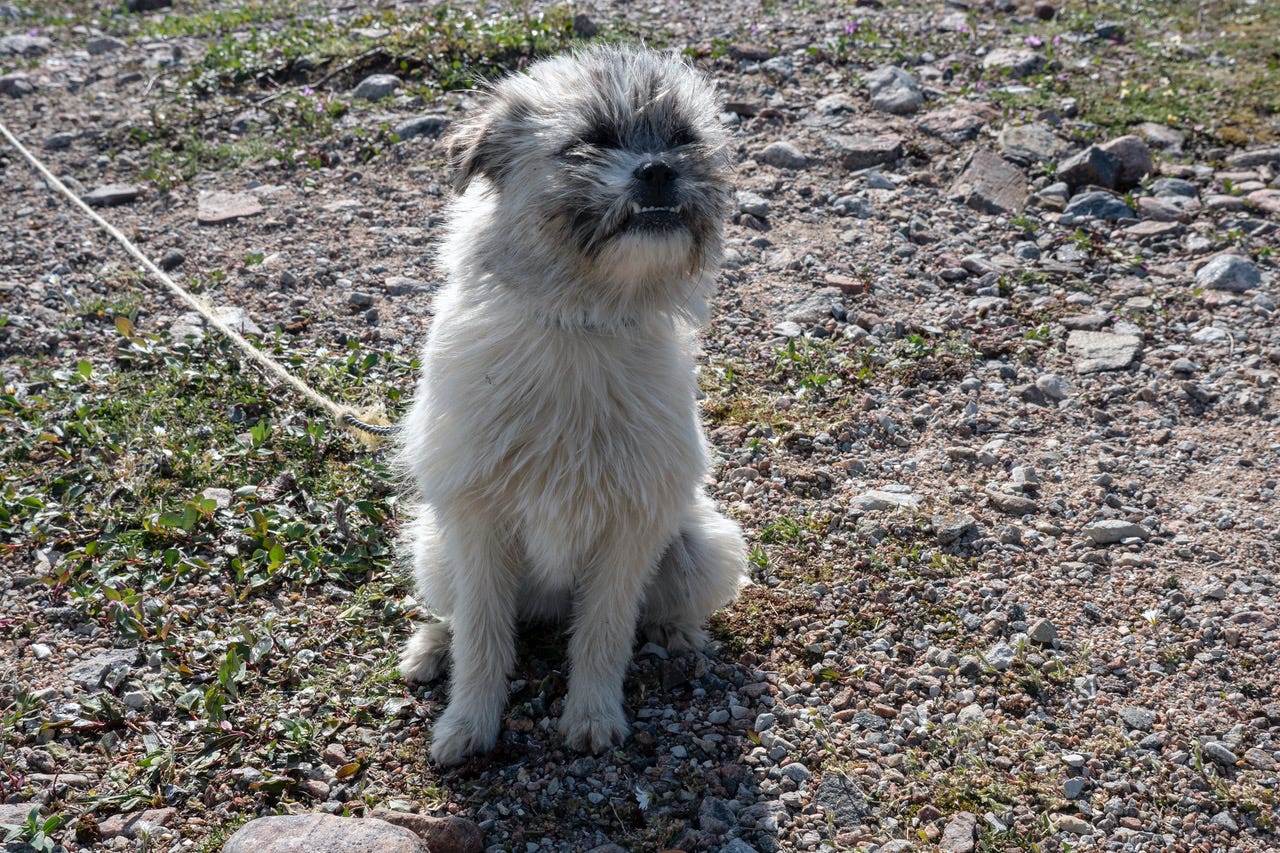
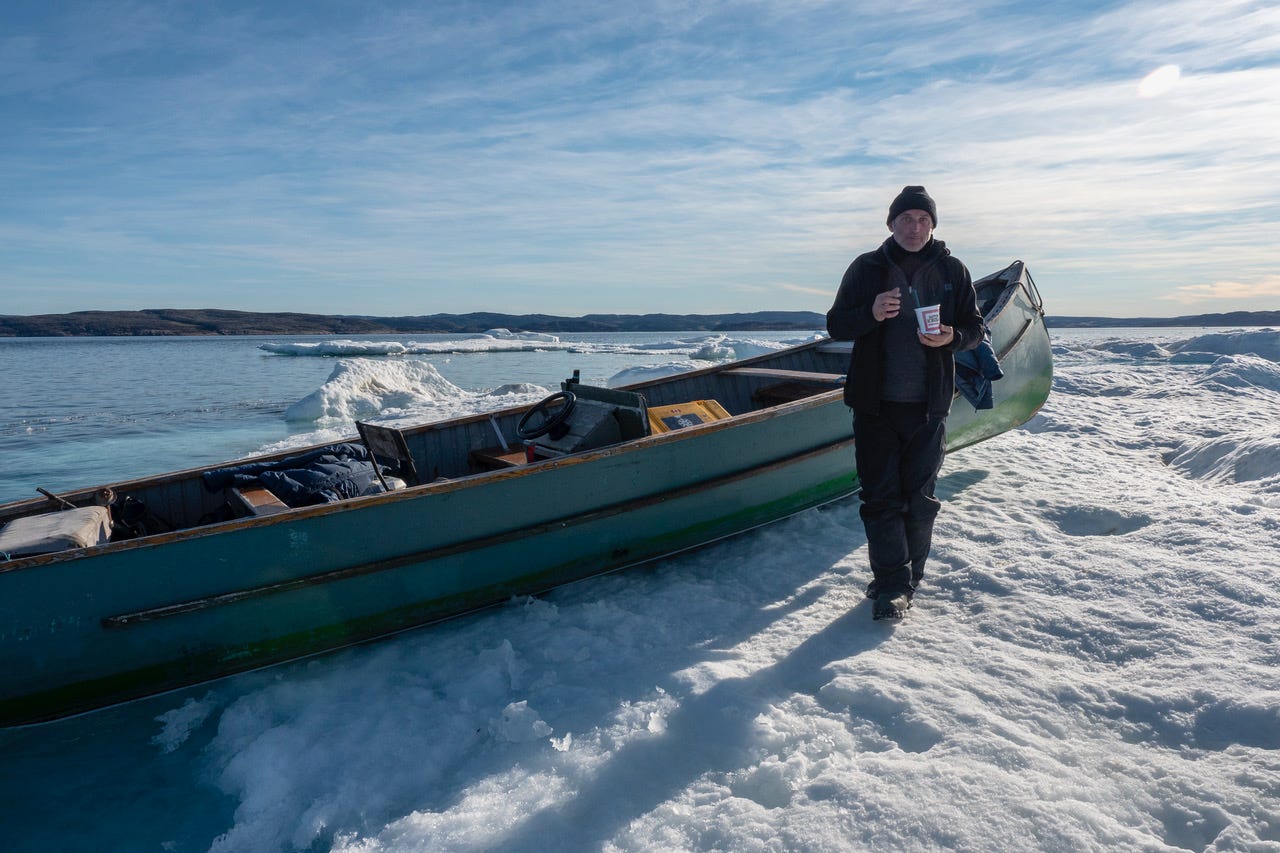
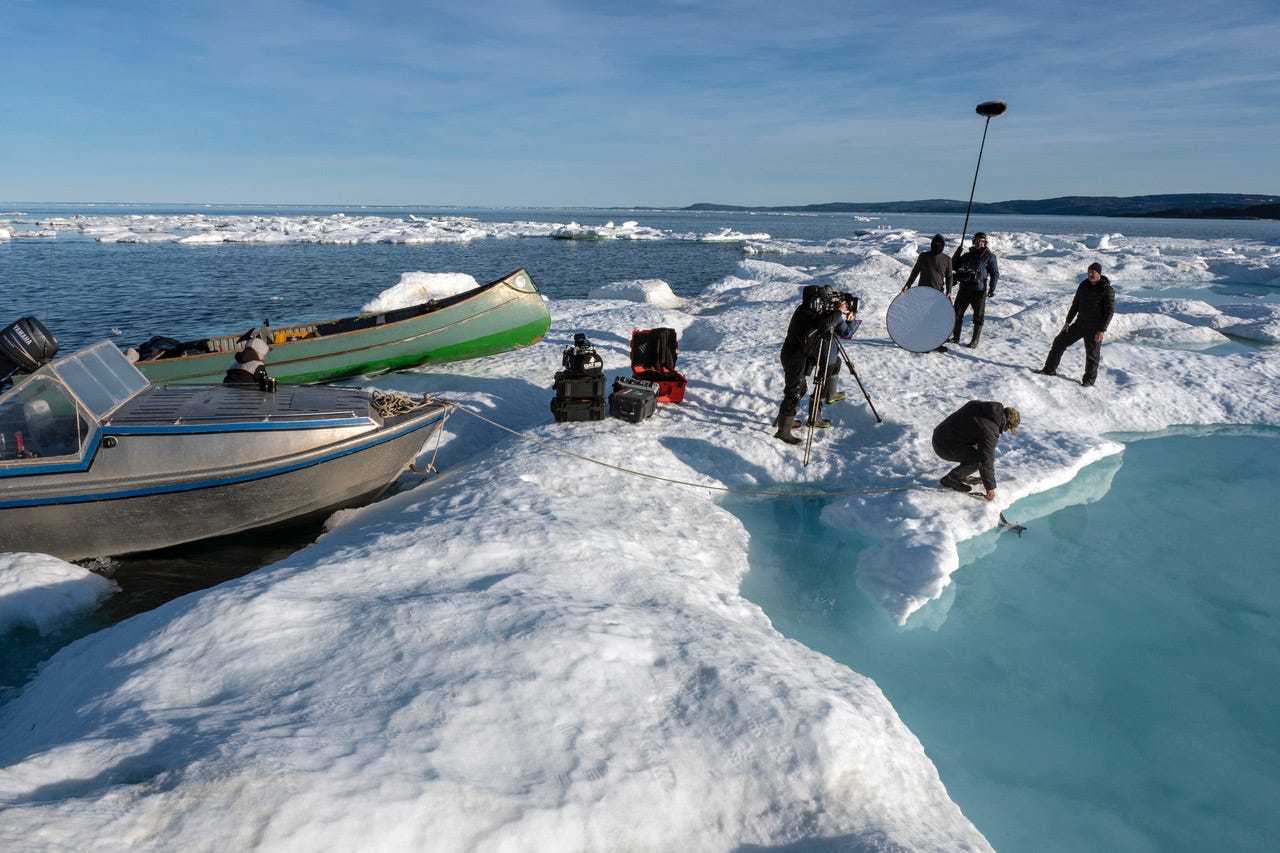
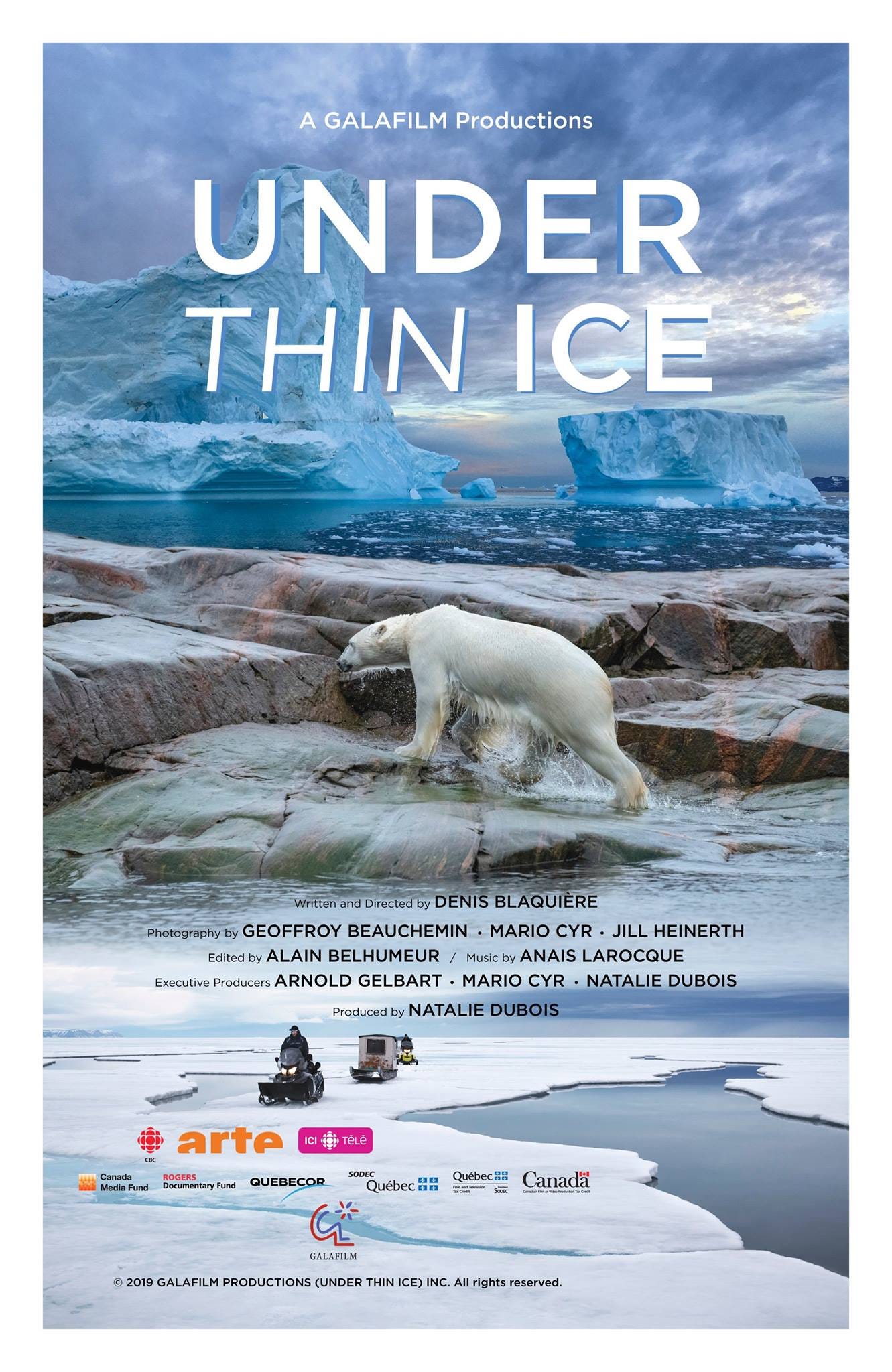

Thanks so much Luca. Yes, the belugas were incredible. They are sneaky little critters. Every time I would swing around to face them, they would dive and come back up right behind me as if to laugh, "catch my image if you can!" But, the most incredible thing with the belugas is their song. They sing like canaries and you can feel it in your body when you ar ein the water with them. Have a great New Year!
Thank you Robert for mentioning the documentary “Under the thin Ice”. I remember seeing it a few years ago, before I knew anything about Jill. I have watched it again today and with the narrative that Jill posted, just wow!
Jill you have chosen such an extraordinary path for your life! Hard on you physically, emotionally and oh so not filled with comfort, scary at time and yet what a thrill!
I can understand at a much smaller scale what it feels like to have your breath taken away by the majesty of nature and it’s incredible animals. What it feels like to be scared and yet to recognize that you have been given an incredible honor. You are witnessing something truly unique and while you are enveloped by the exhilarated feeling you are experiencing , you realize that now you carry the weight and the pain of knowing the state of the destruction of the environment. You feel this urgency, this responsibility to share and warn the world of the fragility of the planet. Most people can’t even comprehend the magnitude of the problem or can’t relate to these majestic animals, their intelligence, their curiosity, the feeling of being part of nature rather than removed from it! Polar bears are cute cuddly teddy bears rather than fierce, powerful predators!
The scene where you were surrounded by narwhals and belugas must have been an experience like no other! Having them look at you, catching a glimpse at each other, recognizing each other as intelligent species who have so much right to thrive just like we do! What a moment! I fell asleep and dreamed about that! It filled my heart! Thank you!